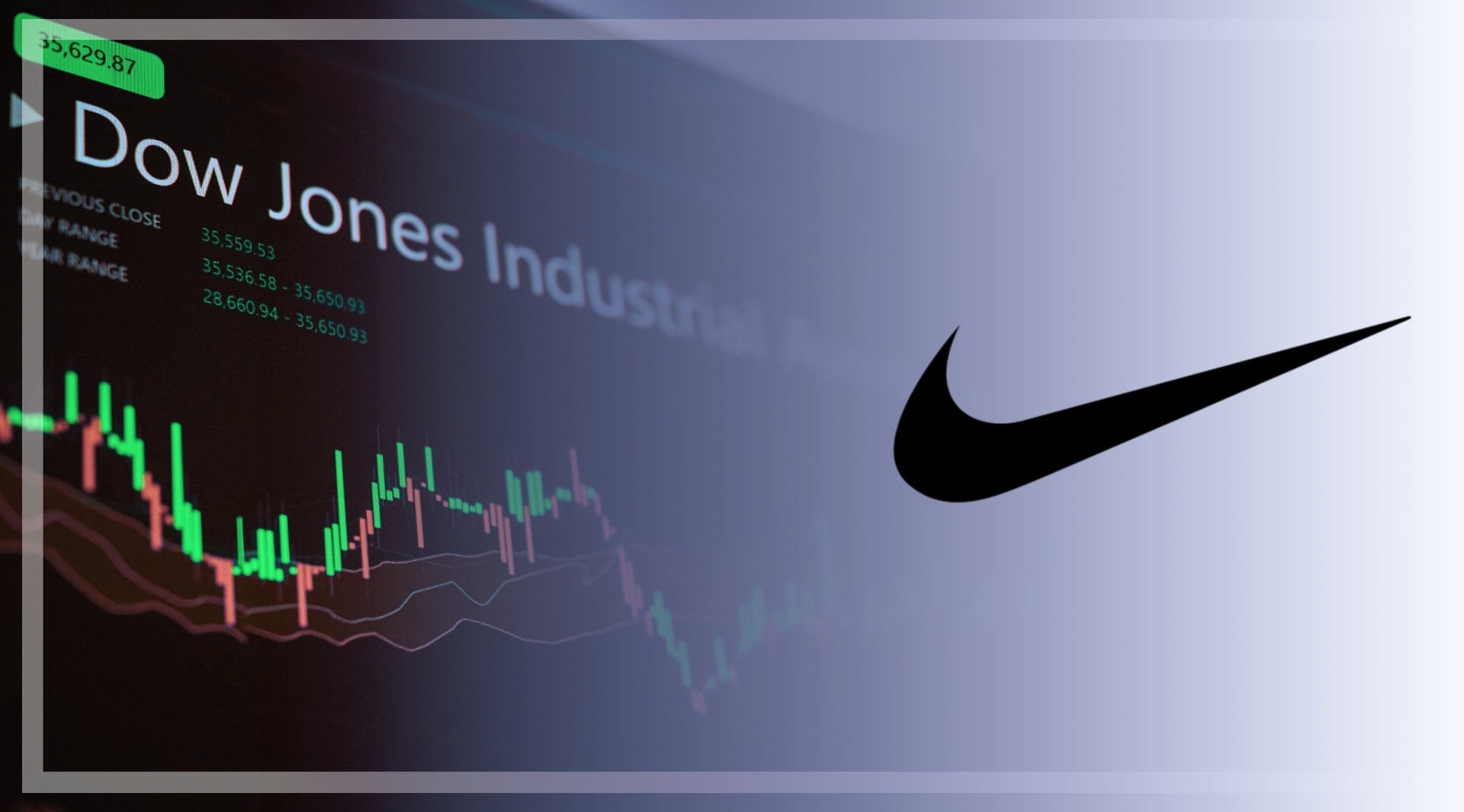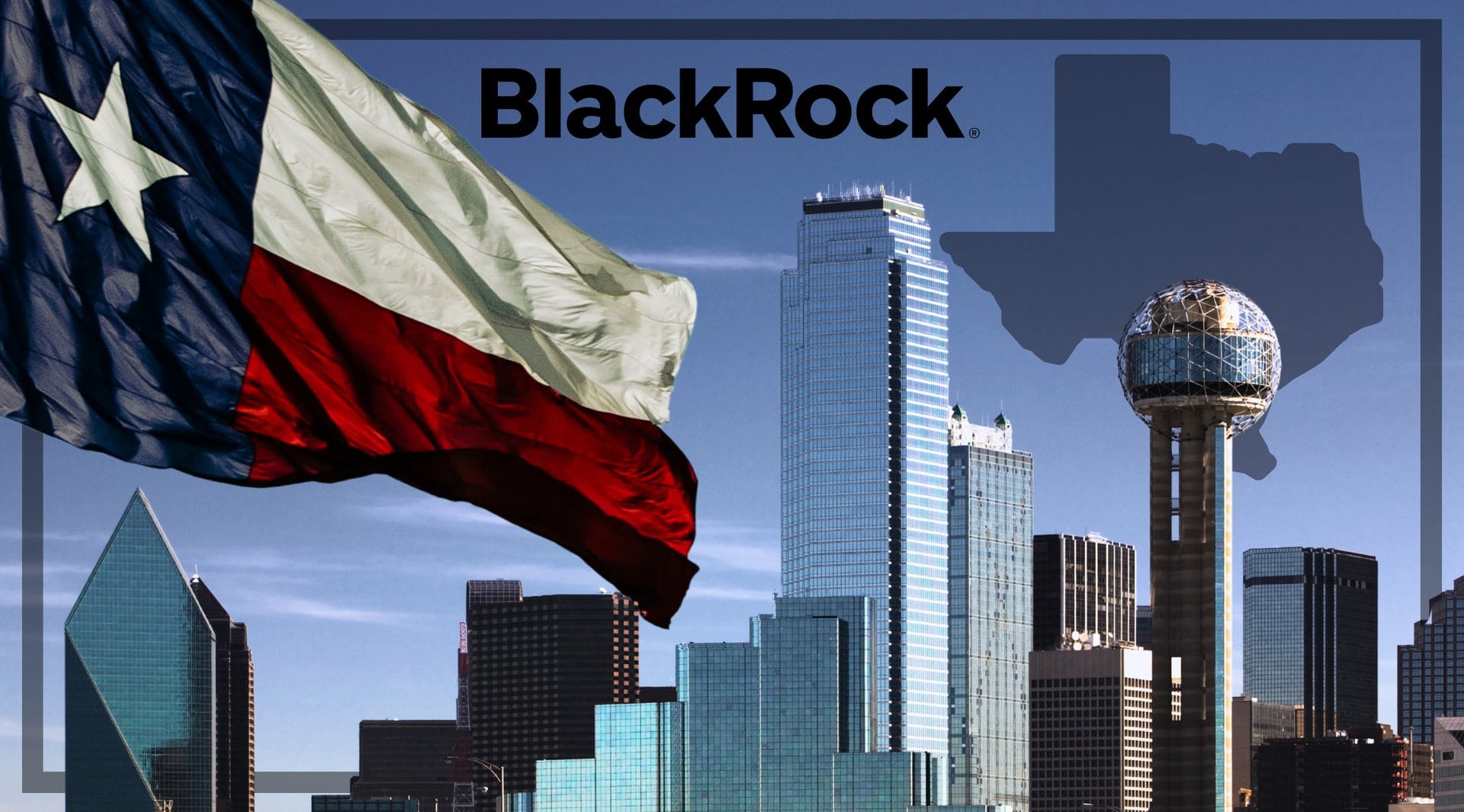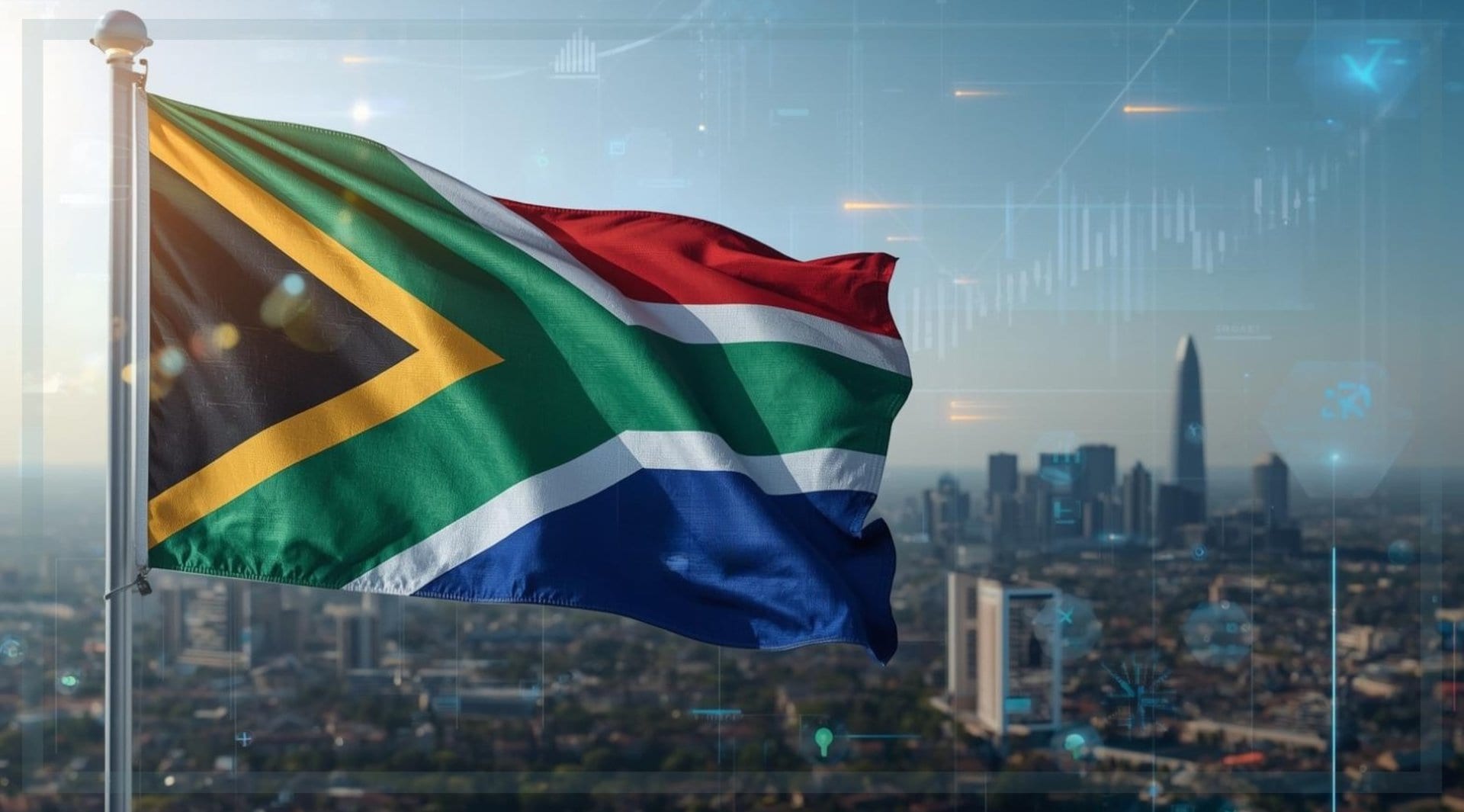During the Cop27 a ‘lost and damaged’ fund has been set up to help developing countries bear the immediate costs of climate-fueled events such as storms and floods.
However, many of the key decisions regarding that fund were pushed into next year’s session, which will take place in November 2023. Meaning that next year, a ‘transitional committee’ would make recommendations for the countries of what to adopt at the Cop28 climate summit.
Undoubtedly that is great news, the funds are desperately needed for developing countries. The effects of climate change, however, will not halt in tense anticipation of the fund application, but will continue to affect people’s everyday lives.
As the news of the fund was on the front covers, some other issues arose during the conference. The commitment from last year’s Glasgow summit was being debated again, instead of being successfully applied. The oil-producing countries, such as the US, objected to the goal of cutting down on fossil-fuels. It seems that with each step forward, there are two steps back.
It was the first time in twenty-seven years that such a concrete measure was taken since Cop started in 1995. The issue was also brought up by one of the most environmentally vulnerable countries, Vanuatu, which first suggested a similar idea in 1991, thirty-one years ago.
African nations can’t ‘adapt’ to famine or floods. Rich countries should pay us for the climate crisis they caused | Vanessa Nakate https://t.co/lXiAgGBp1f
— The Guardian (@guardian) November 8, 2022
Whilst some may be celebrating, questions have been raised as to why nothing was done sooner, making the victory taste bitter. One of the reasons provided was that the developed countries wanted to make sure that the countries who’ll receive the cash flow are truly those in need, not simply classified by the UN as developing.
Using ESG to balance the need for sustainability
A good way to measure this could be using ESG ratings. Something that the IOSCO has been helping to raise awareness of amongst the central banks across the world.
The ESG rating would be a good indicator of which countries should be put first when receiving the funding proposed at Cop27. For instance, the lower the ESG rating, the more important it would be to support that country.
The highlight would of course be the environmental implications. If countries in dire straits, like Mozambique or even Egypt, would take priority over countries like Germany, where even if natural disasters do happen, there isn’t an issue with withdrawing 26 million GBP to rebuild infrastructure and homes after a flood.
The social measure would probably be the most flexible requirement and would serve as an umbrella term to anything social policies related. It could look at access to healthcare and justice, housing, and financial aid – the overall way in which a given authority is supporting its citizens and their communities.
Governance, per the definition of the word, would look at the way the government is handling its job by analyzing the work undertaken by the country’s leaders. It would be a double-edged sword. On the one hand, it would help target developing countries which are facing issues with lack of access to technology and modern democratic mechanisms, to provide aid to support them better. On the other hand, as the case is in Egypt, it would bring the serious issue of human rights to the front of the stage and make for a bargaining chip in negotiations.
Uncomfortable questions raised
Another very important point was raised by the Prime Minister of Barbados, Mia Mottley. She said that countries like hers are already having problems accessing modern technology. She gave the example of accessing Covid vaccines and hospital equipment during the pandemic. Her speech focused on the need for better cooperation and unification of all countries, for a common goal.
That would be ideal, to be able to put differences aside and focus on one single target. Unfortunately, the political realities have a massive influence on where the help would be best channeled.
There were also some voices pointing out the irony of the summit being held in Egypt. As the global leaders gathered in Sharm el-Sheikh, Alaa Abd el-Fattah, one of the most prominent Egyptian political activists, was dying in prison. After his second arrest in autumn 2019 on charges of illegal activity, misusing social media and receiving foreign funds, there has been weekly contact from the jail. But now the updates have gone quiet. Alaa is currently on hunger strike against the government and there is very little news about his status.
Alaa Abd El-Fattah is a symbol of Egypt’s failed revolution — and a human being on hunger strike who demands our attention. https://t.co/Wkf4wMufKD
— Vox (@voxdotcom) November 9, 2022
Egypt’s recent political turmoil has seen accusations about the governments approach to human rights. Many onlookers have classified the presidency as authoritarian, after the 2014 coup. There have been many cases of mass arrests, killing of protestors by security forces and the use of military trials against civilians.
During the summit hundreds of people walked the streets in protest of the government. The protesters were also trying to draw attention to the dire environmental situation in Africa which has been affecting the lives of ordinary people for years, causing famine in some areas.
“You can protest in only one area that is far from the COP, and you can protest only from 10 to 5, and you must inform the authorities 36 hours in advance. It has to be climate-related.” https://t.co/2bTJpBEwqh
— WIRED (@WIRED) November 10, 2022
As Vanessa Nakate, a Ugandan climate activist, brought up, Cop27 has been called the ‘African Cop’, but in her opinion it can only be called that, if world leaders step up to deal with issues real people face in the most remote parts of Africa, and the world.
Vanessa shared a very important message, something that could resonate with our readers.
“To the leaders gathering in Sharm el-Sheikh this week, I say: you cannot adapt to starvation. Stop wasting time. Start getting funds to those who need them most.”
Author: Julia Maczka

















